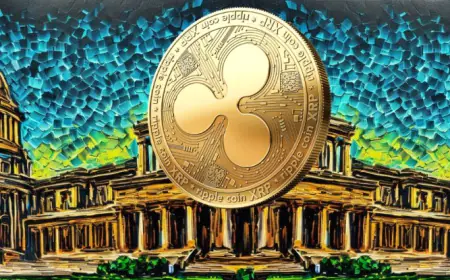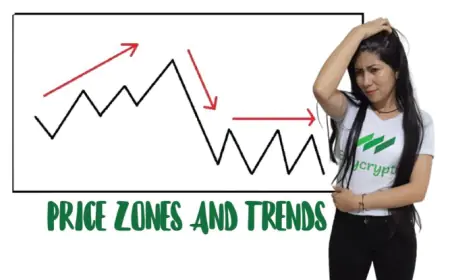EU Finance Ministers Approve MiCA Crypto Regulation: A Milestone for Cryptocurrency Regulation in Europe
The approval of the MiCA (Markets in Crypto-Assets) crypto regulation by EU finance ministers marks a significant milestone in the realm of cryptocurrency regulation in Europe. This article discusses the key highlights of MiCA and its implications for the crypto industry and investors in the European Union.

In a significant development for the cryptocurrency industry, the finance ministers of the European Union (EU) have given their approval to the Markets in Crypto-Assets (MiCA) regulation. This landmark decision marks a major milestone in the ongoing efforts to regulate and govern the growing crypto market within the EU. The MiCA framework sets out a comprehensive regulatory framework for cryptocurrencies, aiming to enhance consumer protection, foster market integrity, and establish a level playing field for businesses operating in the crypto space.
Key Highlights of MiCA:
-
Scope and Definition: MiCA covers a wide range of digital assets, including cryptocurrencies, utility tokens, and stablecoins, regardless of their underlying technology. It provides a clear legal definition of these assets, offering much-needed clarity and certainty for market participants and investors.
-
Authorization and Supervision: Under MiCA, issuers and service providers dealing with crypto assets must obtain authorization from their national competent authorities. This requirement ensures that businesses operating in the crypto space adhere to strict regulatory standards and comply with anti-money laundering (AML) and counter-terrorism financing (CTF) obligations.
-
Investor Protection: MiCA places a strong emphasis on consumer protection by imposing disclosure requirements, ensuring transparent and accurate information for investors. It also introduces safeguards against market abuse and fraudulent activities, creating a safer environment for individuals engaging with cryptocurrencies.
-
Passporting Mechanism: The regulation establishes a "passporting" mechanism, allowing authorized service providers to operate across the EU without needing to obtain separate licenses in each member state. This streamlined approach facilitates cross-border activities and encourages innovation within the European crypto market.
-
Stablecoin Regulation: Recognizing the increasing popularity of stablecoins, MiCA introduces specific rules for these digital assets. Stablecoin issuers must meet stringent reserve requirements, ensuring the stability and safety of these instruments. This provision aims to minimize the systemic risks associated with global stablecoins and maintain financial stability.
Implications for the Crypto Industry:
The approval of MiCA brings much-needed regulatory clarity and certainty to the European crypto market. It provides a robust framework that enhances investor protection, fosters market integrity, and promotes innovation. The regulation's comprehensive approach will likely attract more institutional investors and traditional financial institutions to engage with cryptocurrencies, thereby contributing to the mainstream adoption of digital assets.
Moreover, the introduction of the passporting mechanism will enable businesses to expand their operations across the EU, reducing regulatory fragmentation and promoting competition within the European crypto ecosystem. This harmonization of regulations paves the way for the development of a unified and well-regulated digital asset market, positioning the EU as a global leader in cryptocurrency regulation.
Conclusion:
The approval of the MiCA crypto regulation by EU finance ministers represents a significant milestone for cryptocurrency regulation in Europe. By providing a comprehensive framework, MiCA establishes a clear roadmap for businesses, investors, and consumers in the European crypto market. It sets the stage for a more secure and transparent digital asset landscape, fostering trust and attracting new participants to the burgeoning industry. As Europe takes a proactive stance in regulating cryptocurrencies, the EU is poised to shape the future of the global crypto landscape.
What's Your Reaction?
 Like
0
Like
0
 Dislike
0
Dislike
0
 Love
0
Love
0
 Funny
0
Funny
0
 Angry
0
Angry
0
 Sad
0
Sad
0
 Wow
0
Wow
0









































